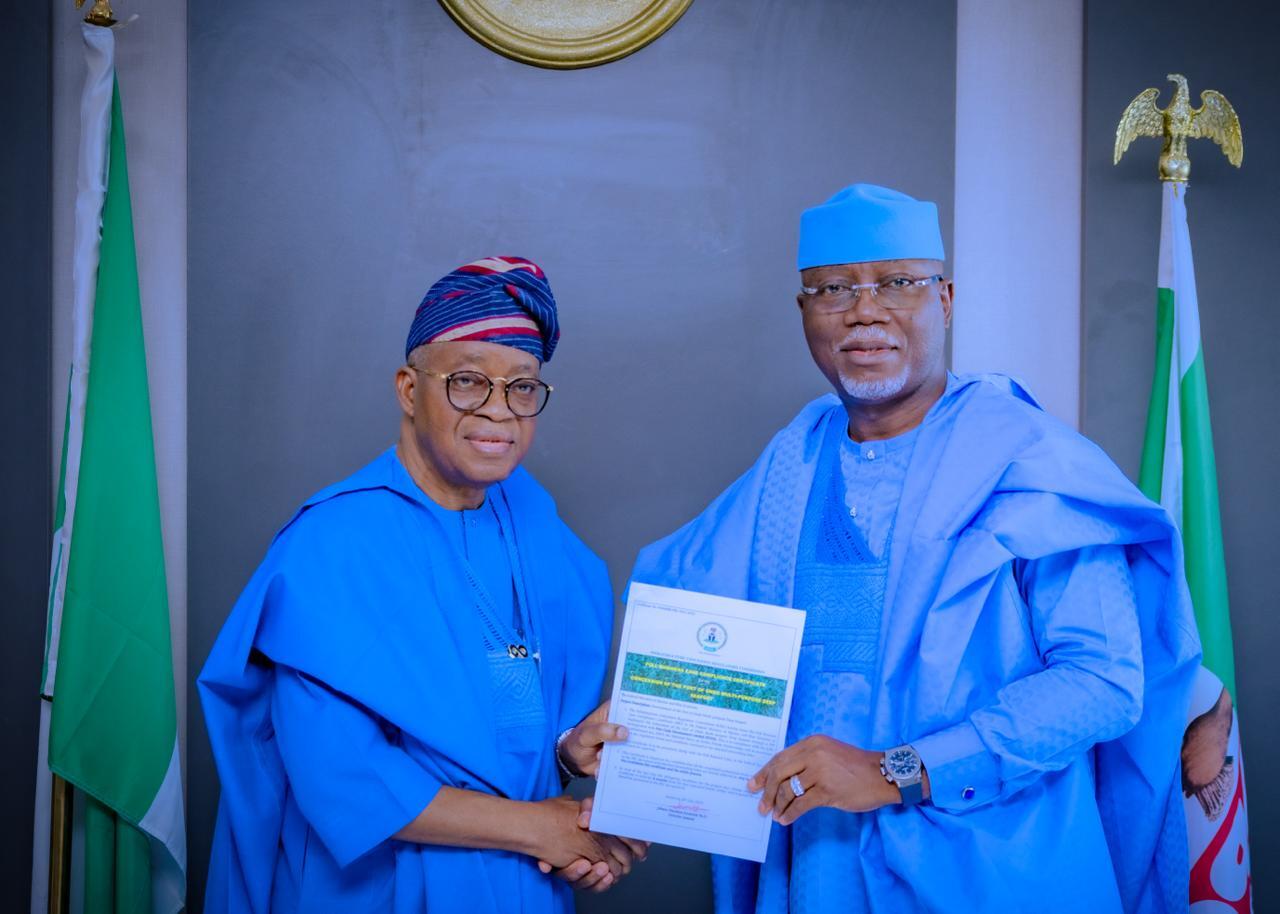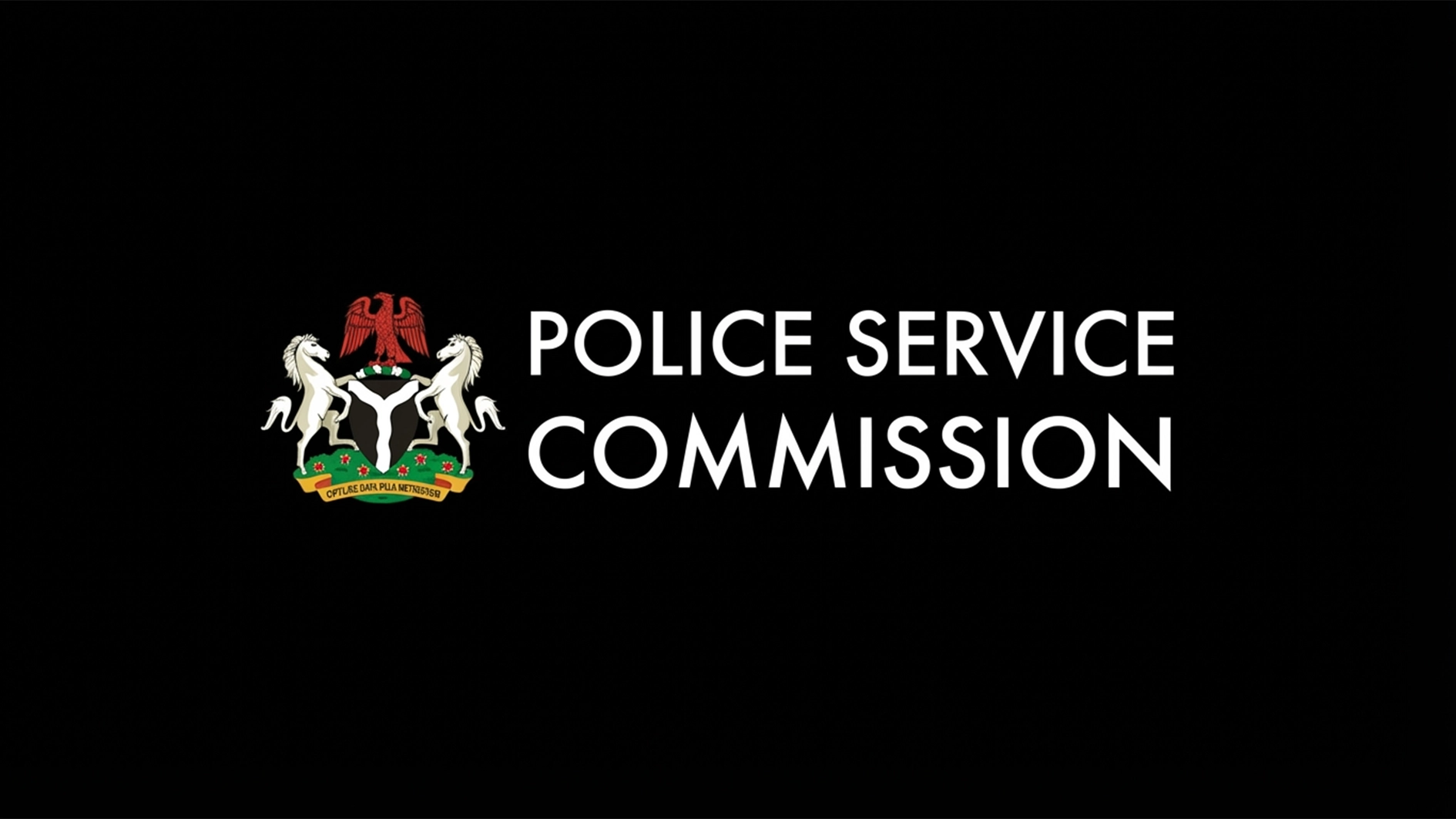Political scientists have stressed that Nigeria’s return to democracy in 1999 has not led to a significant shift in the country’s foreign policy.
Despite expectations that the transition would enhance Nigeria’s global influence, this has not materialised, according to a statement released by the Political Science Association (PSA) in Ilorin, Kwara State, on Monday.
The statement, signed by PSA President Professor Hassan Saliu, noted that, “With the return of democracy lasting for over 25 years, the expectation was that Nigeria would enjoy increased international influence and engagement.
Regrettably, this has not been the case.”
The association expressed concern that Nigeria’s influence in the West African sub-region has weakened, citing obstacles in commanding respect and fostering cordial relations with other countries, including those within Africa.
The statement also pointed to Nigeria’s evolving relationship with China, which the association described as having shifted toward a more subservient dynamic. There are growing concerns within Nigeria about agreements with China that have not been fully embraced by the public.
On the other hand, Nigeria appears to maintain positive relations with Western countries. However, there are lingering doubts about the country’s independence in its dealings, with the PSA specifically referencing the Trump administration’s unfavourable stance toward Nigeria.
“The NPSA believes domestic politics plays a significant role in Nigeria’s ineffective external relations. It has long been held that a country’s domestic environment significantly shapes its external image,” the statement said.
The PSA recommended a comprehensive review of Nigeria’s foreign policy to better align it with contemporary global dynamics.
This would include ensuring that the Ministry of Foreign Affairs receives proper funding for foreign policy initiatives and strengthening its research capabilities.
The association also suggested that foreign policy should be more inclusive, encouraging public engagement through debates and accessible information.
Furthermore, the PSA advocated for a reevaluation of Nigeria’s membership in international organisations, urging that only those entities which enhance Nigeria’s visibility should be prioritised.
The group also proposed clarifying the country’s foreign policy direction, making it more transparent and measurable, with the goal of transforming foreign policy into a tool for national mobilisation.
Finally, the PSA stressed that Nigeria’s foreign policy challenges are deeply connected to internal governance issues, which have contributed to negative perceptions abroad.
The association argued that addressing these domestic concerns is essential for Nigeria to achieve the global influence it aspires to in international affairs.






